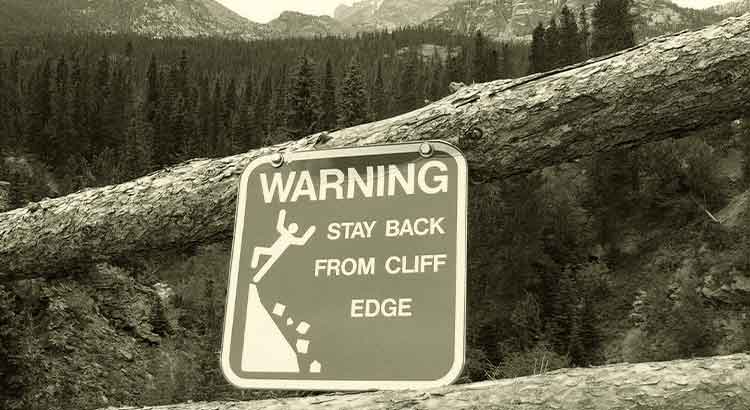Here I am, as a professional joke writer, letting my essentially analytical spirit take me and dissecting the elements of quality humor. I think of Voltaire. The irony, if well applied, does not lead to laughter but delivers lasting satisfaction, sustainable over a long interval. In Voltaire’s case, the effects of irony come out as secondary to a philosophical posture that dictates the tone of his work. But let’s get back to the jokes: absurdity and exaggeration seem to me to be the fundamental elements of the best ones, and surprise as the essential result. Here, the laughter. Voltaire himself provides a good example: it is impossible not to remember the unforgettable Anabaptist Jacques, described as “bon“, “honnête” and “charitable” for several pages in Candide, whose appearance always tries to evoke good feelings and who, suddenly, when asking a sailor for help in the middle of a storm, is brutally thrown into the sea by the stranger. The exaggeration of the violence, the absurdity of the cruel, sudden, and unjustifiable act bring, of course, full laughter, but not for the mere exaggeration or absurdity, but for the naturalness with which both are presented. In this detail, it seems to me, lies the secret of the best humor: in the exposure of the grotesque as if it were vulgar.
Elements of Quality Humor
